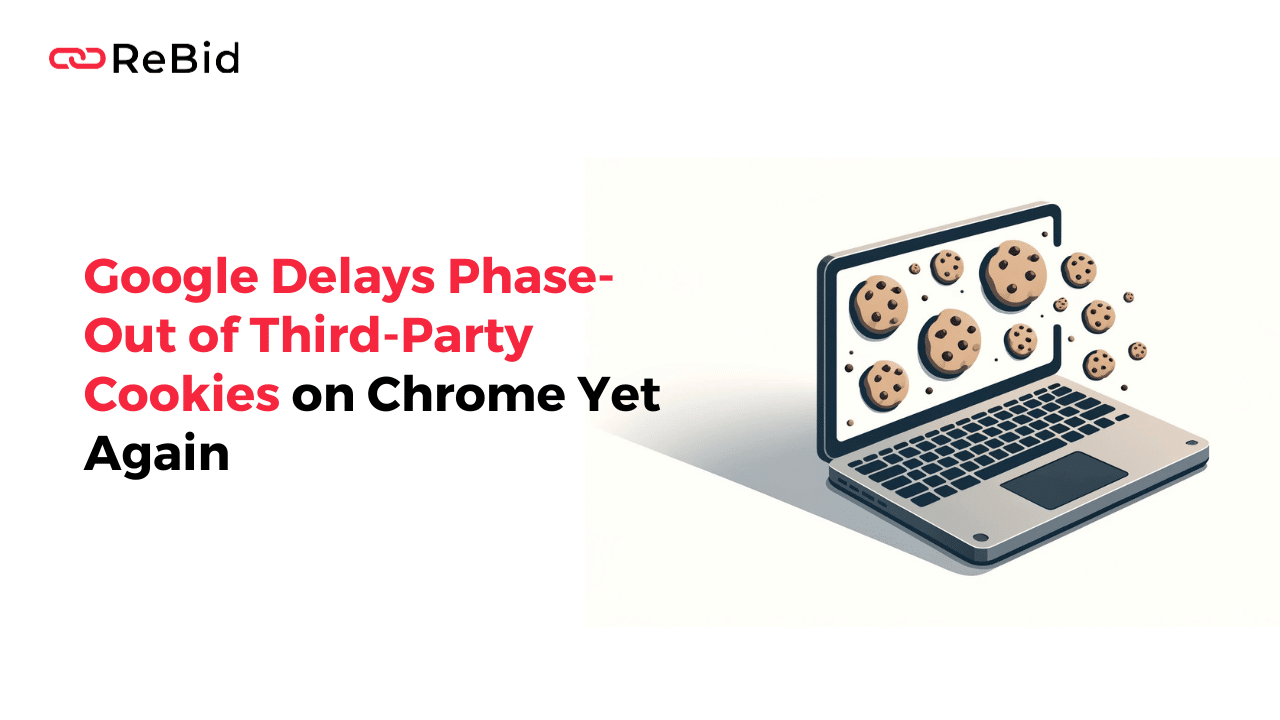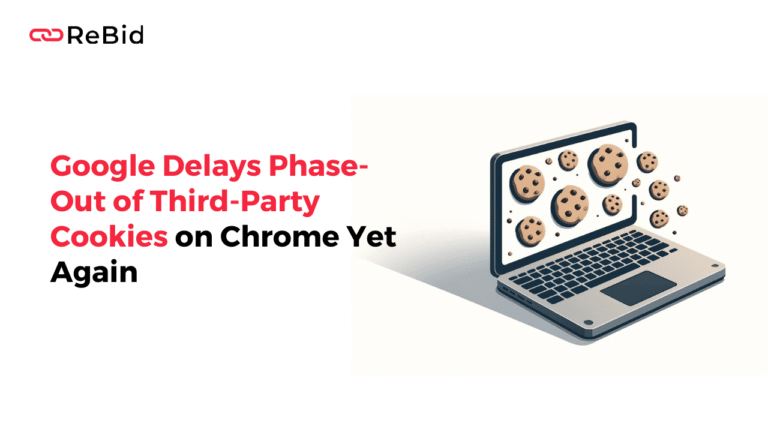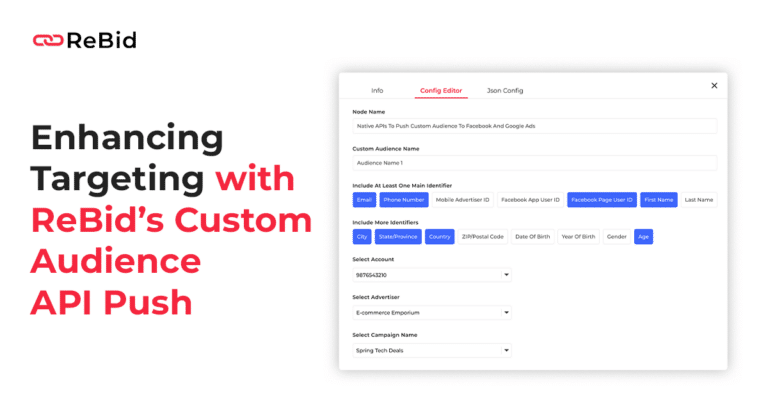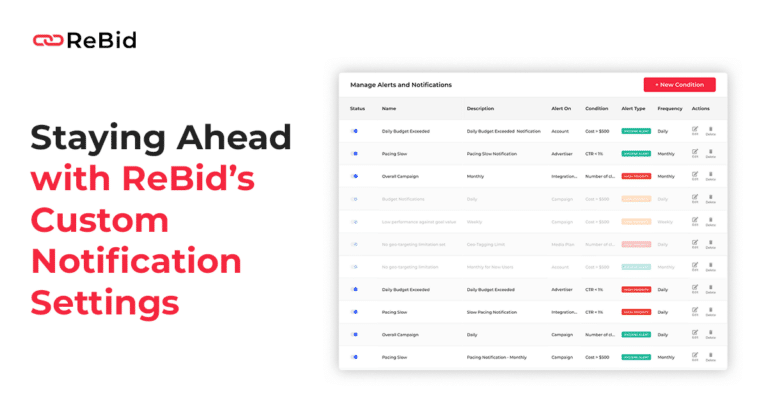Introduction
In the ever-changing landscape of digital marketing, one of the most significant developments has been Google’s plan to phase out third-party cookies on Chrome. This move, initially announced in early 2020, has been met with a mix of anticipation and apprehension from marketers worldwide. As the timeline for this phase-out continues to shift, it’s crucial for marketers, especially those working within big brands, to stay informed and adapt their strategies accordingly.
The Winding Road to a Cookieless Future
Google’s journey towards phasing out third-party cookies on Chrome has been anything but straightforward. The initial announcement set an ambitious target of early 2022 for the complete phase-out. However, as the complexities of the transition became apparent, Google has repeatedly pushed back the deadline. The most recent update has extended the timeline to the second half of 2024, giving marketers and advertisers more time to prepare for the impending changes.
The reasons behind these delays are manifold. Google has emphasized the need for more time to evaluate and test new technologies designed to replace cookies, such as the Privacy Sandbox initiative. This initiative aims to develop a set of open standards that enhance user privacy on the web while still providing advertisers with the tools they need to deliver effective, targeted advertising.
The Privacy Sandbox: A Balancing Act
At the heart of Google’s efforts to phase out third-party cookies on Chrome lies the Privacy Sandbox. This initiative proposes a suite of technologies that aim to strike a balance between user privacy and the needs of advertisers. One of the early proposals was Federated Learning of Cohorts (FLoC), which sought to group users with similar browsing behaviors into cohorts, allowing advertisers to target these groups without tracking individual users.
However, FLoC faced criticism and concerns from privacy advocates, leading Google to explore alternative approaches. The latest iteration of the Privacy Sandbox includes a proposal called the Topics API. This approach focuses on categorizing users’ browsing behaviors into broad interest categories, which advertisers can use for targeting while preserving user privacy.
Navigating the Shifting Landscape
The repeated delays in the phase-out of third-party cookies on Chrome reflect the complexity of the challenge at hand. Google has to balance the competing interests of users, advertisers, publishers, and regulators. The extended timeline is a response to feedback from various stakeholders who require more time to adjust to the forthcoming changes.
For marketers, particularly those working in large brands, the shifting timeline presents both challenges and opportunities. On one hand, the uncertainty surrounding the exact date of the phase-out can make long-term planning difficult. On the other hand, the extended timeline provides a valuable window to experiment with alternative targeting methods and invest in first-party data strategies.
As the digital marketing world prepares for a cookieless future, brands must focus on building direct relationships with their customers. This involves leveraging owned channels, such as websites and mobile apps, to gather first-party data consensually. By developing a deep understanding of their audience through voluntarily provided data, brands can create personalized experiences that respect user privacy while still delivering targeted messaging.
Moreover, the phase-out of third-party cookies on Chrome is likely to accelerate the adoption of privacy-centric advertising solutions. Contextual advertising, which targets ads based on the content of a webpage rather than user behavior, is poised for a resurgence. Brands that invest in understanding the context in which their ads appear and crafting relevant, engaging content will be well-positioned to thrive in a cookieless world.
Conclusion
Google’s phase-out of third-party cookies on Chrome, while delayed, remains an inevitable shift in the digital marketing landscape. Marketers must view the extended timeline not as a reason for complacency, but as an opportunity to proactively prepare for the cookieless future. By staying informed about industry developments, investing in first-party data strategies, and exploring privacy-centric advertising solutions, brands can navigate the evolving landscape with confidence and resilience.
FAQs
1. Why is Google phasing out third-party cookies on Chrome?
Google is phasing out third-party cookies on Chrome to enhance user privacy and address growing concerns about online tracking. The move aims to create a more privacy-centric web browsing experience while still allowing advertisers to reach their target audiences effectively.
2. What is the current timeline for the phase-out of third-party cookies on Chrome?
Google has extended the timeline for the phase-out of third-party cookies on Chrome to the second half of 2024. This delay is intended to provide more time for the industry to test and adopt new technologies that balance user privacy with the needs of advertisers.
3. What is the Privacy Sandbox, and how does it relate to the phase-out of third-party cookies on Chrome?
The Privacy Sandbox is an initiative by Google to develop a set of open standards that enhance privacy on the web while still providing advertisers with tools to deliver effective, targeted advertising. It includes proposals like the Topics API, which aims to replace third-party cookies with privacy-preserving alternatives.
4. How can marketers prepare for the phase-out of third-party cookies on Chrome?
Marketers can prepare for the phase-out of third-party cookies on Chrome by focusing on first-party data strategies, leveraging owned channels to gather consensual data from their customers. They should also explore privacy-centric advertising solutions, such as contextual advertising, and stay informed about industry developments and emerging technologies.
5. Will the phase-out of third-party cookies on Chrome impact the effectiveness of digital advertising?
While the phase-out of third-party cookies on Chrome will require marketers to adapt their strategies, it also presents an opportunity to build more transparent and trust-based relationships with customers. By embracing privacy-centric advertising solutions and focusing on delivering relevant, engaging content, marketers can continue to run effective digital advertising campaigns in a cookieless future.





